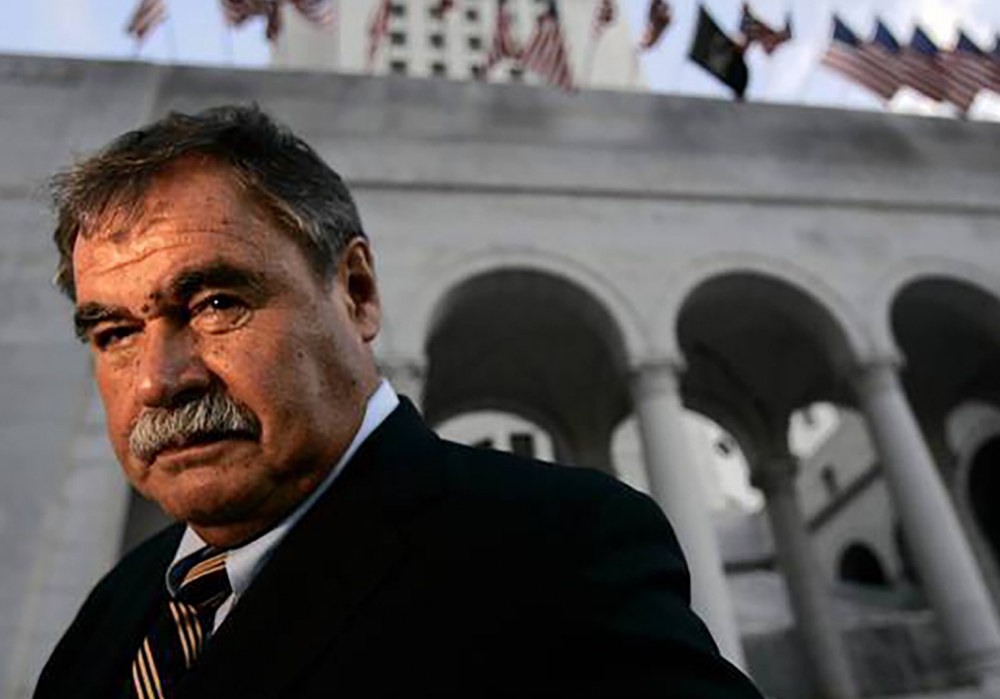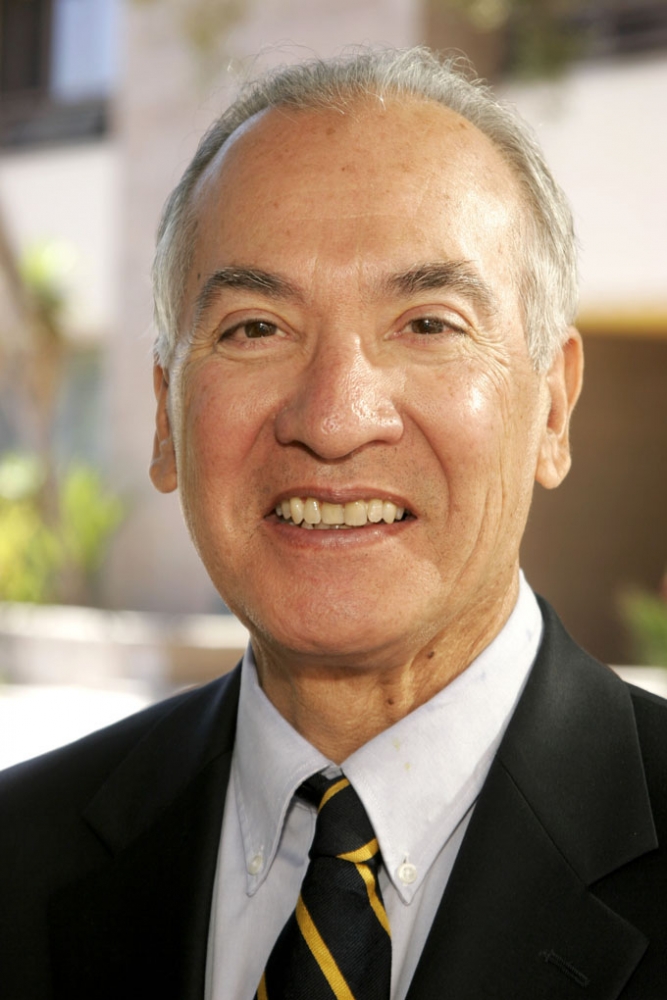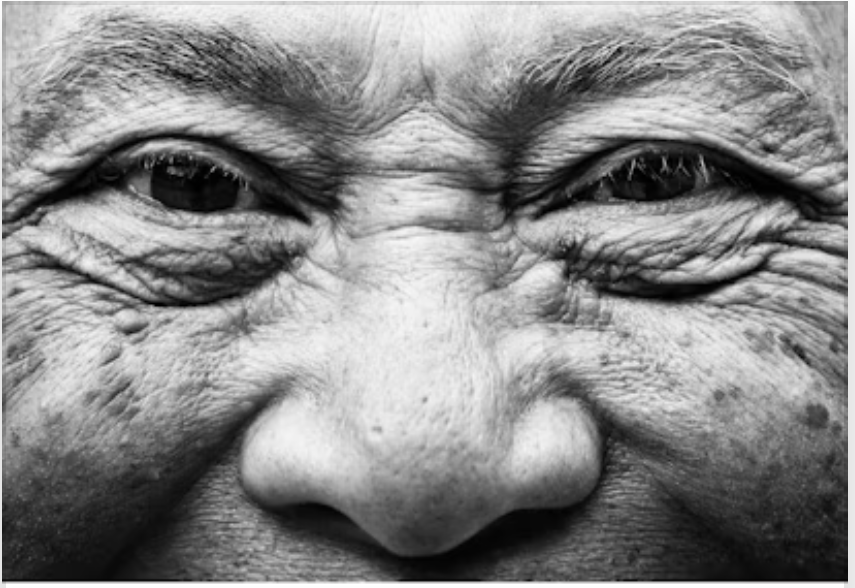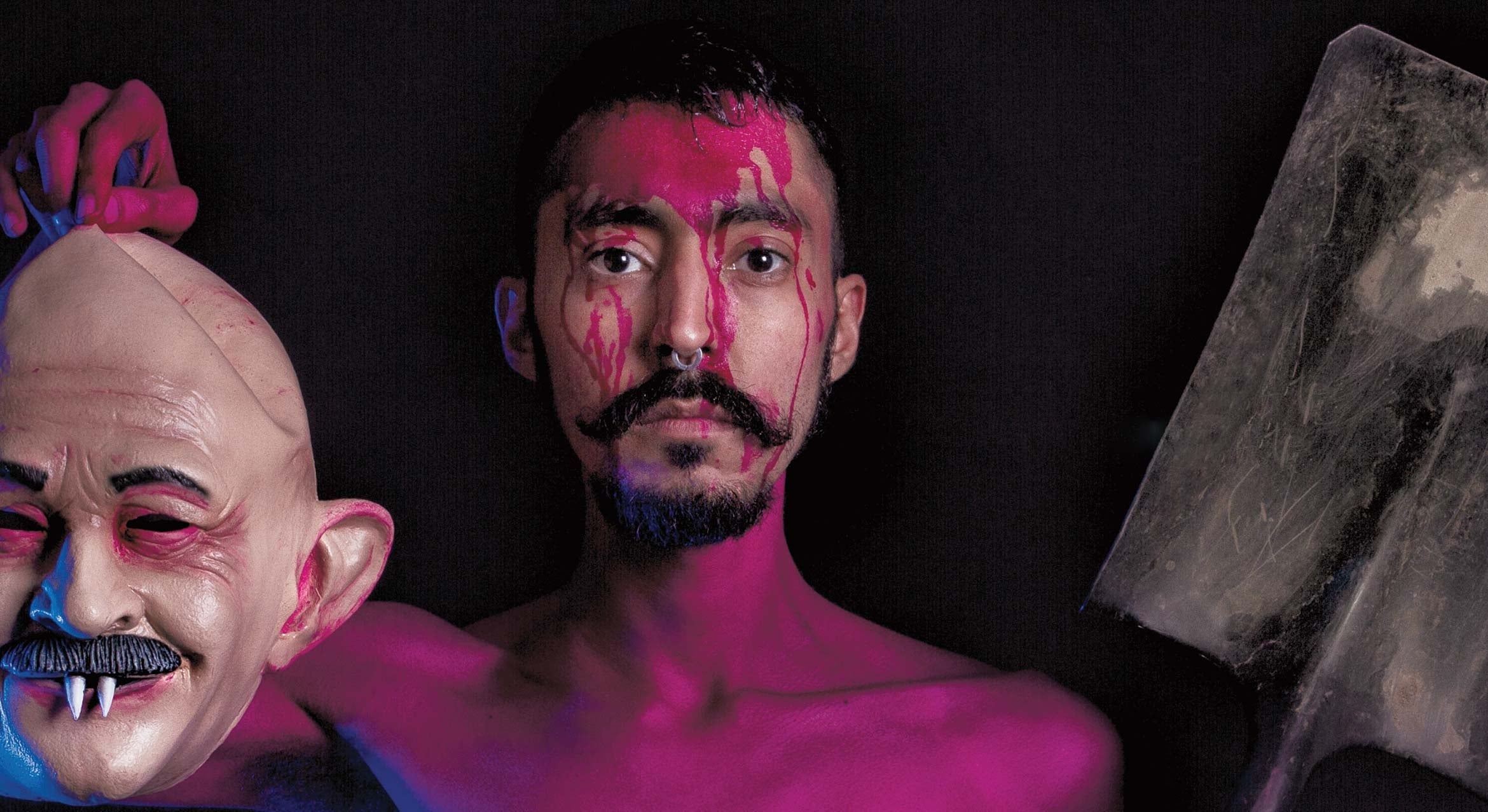
The Chicano Movement, Past and Present

As a teacher, Sal Castro changed the course of Chicano education by speaking up. Once again, the people who knew him and benefited from his activism are keeping his vision — and his ideals — alive. The third annual Sal Castro Memorial Conference on the Emerging Historiography of the Chicano Movement takes place Feb. 26 and 27 in the McCune Conference Room, 6020 Humanities and Social Science Building at UC Santa Barbara. The event is free and open to the public.
The conference honors Castro, who in 1968 urged thousands of Chicano students to walk out of their high schools in Los Angeles to protest substandard education in “Mexican Schools.” The students took their complaints public after school officials ignored them. Before long the walkouts, or “blowouts” as they were called, lit a long, slow fuse on education reforms across the country. Castro died in 2013.
“This conference will highlight the historical importance of the Chicano Movement of the 1960s and 1970s that laid the basis for the rise of Latino political power in the United States,” said Mario García, a professor of Chicana and Chicano Studies and of history at UCSB, and the lecture organizer. “The movement made Chicanos and Latinos into national political actors.”
The conference keynote address, “On the Past and Present of the Chicano Movement: Some Reflections and Questions,” will be delivered by David Montejano, a professor of ethnic studies at UC Berkeley.
A conference schedule is available at http://www.chicst.ucsb.edu/news/event/275.



